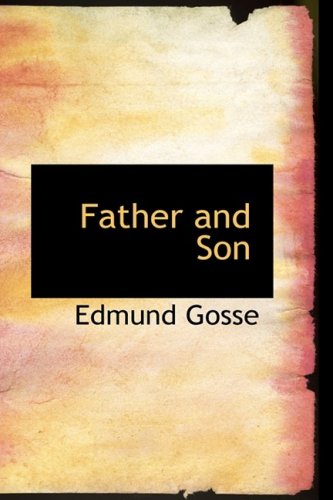

Just as the truth about Dickens’s early life caused widespread shock 2 when the Autobiographical Fragment was incorporated into John Forster’s 1872 biography, so Gosse sought to astonish his readers by the revelations about his childhood. The extreme Calvinist creed of Gosse’s parents, Emily (1806–57) and Philip (1810–88), had dictated their mode of parenting him in the 1850s, and now in 1907, aged 58, Gosse chose to present his evangelical childhood as a case-study of mid-Victorian life: “a record of educational and religious conditions which, having passed away, will never return” (3). Jellyby by “telescopic philanthropy”: Dickens was fascinated by irrational passions that dominated the behavior of individuals, particularly when one of the outcomes of such convictions was the victimization of a child. Clennam is obsessed with original sin, and Mrs. Gradgrind demands “nothing but facts,” Mrs. In Dickens’s novels, the fate of the child often serves as a distressing measure of the absurdity of an adult’s mania. The sullen Pardiggle boys, the resentful Louisa Gradgrind, and the dispirited Pip are three of many Dickensian children who are forced into conformity with, or who suffer cruelty or neglect because of the beliefs of their parent or surrogate.

1 The “monotony and weariness” of Gosse’s religious upbringing (138) became the focus of his autobiographical work, Father and Son (1907), a poignant tragi-comic narrative which utilizes the Dickensian child-victim plot. An only child, young Gosse had scarcely any life beyond his “strange household,” a place in which all activities were undertaken in the knowledge that an Omniscient God made “a fourth in our company” (21–2). Young Gosse would not, like many of his contemporaries, have grown up hearing adults discussing the latest installment of Little Dorrit (1855–57) or A Tale of Two Cities (1859), because in his Plymouth Brethren home all fiction was prohibited. By the time Gosse was born in 1849, Dickens was already a figure of national importance, with a growing international reputation. In the index of any work about Charles Dickens, one rarely finds the name of Edmund Gosse (1849–1928) indeed, there is little obvious connection between the two writers. Edmund Gosse and the Dickensian child-victim plot


 0 kommentar(er)
0 kommentar(er)
